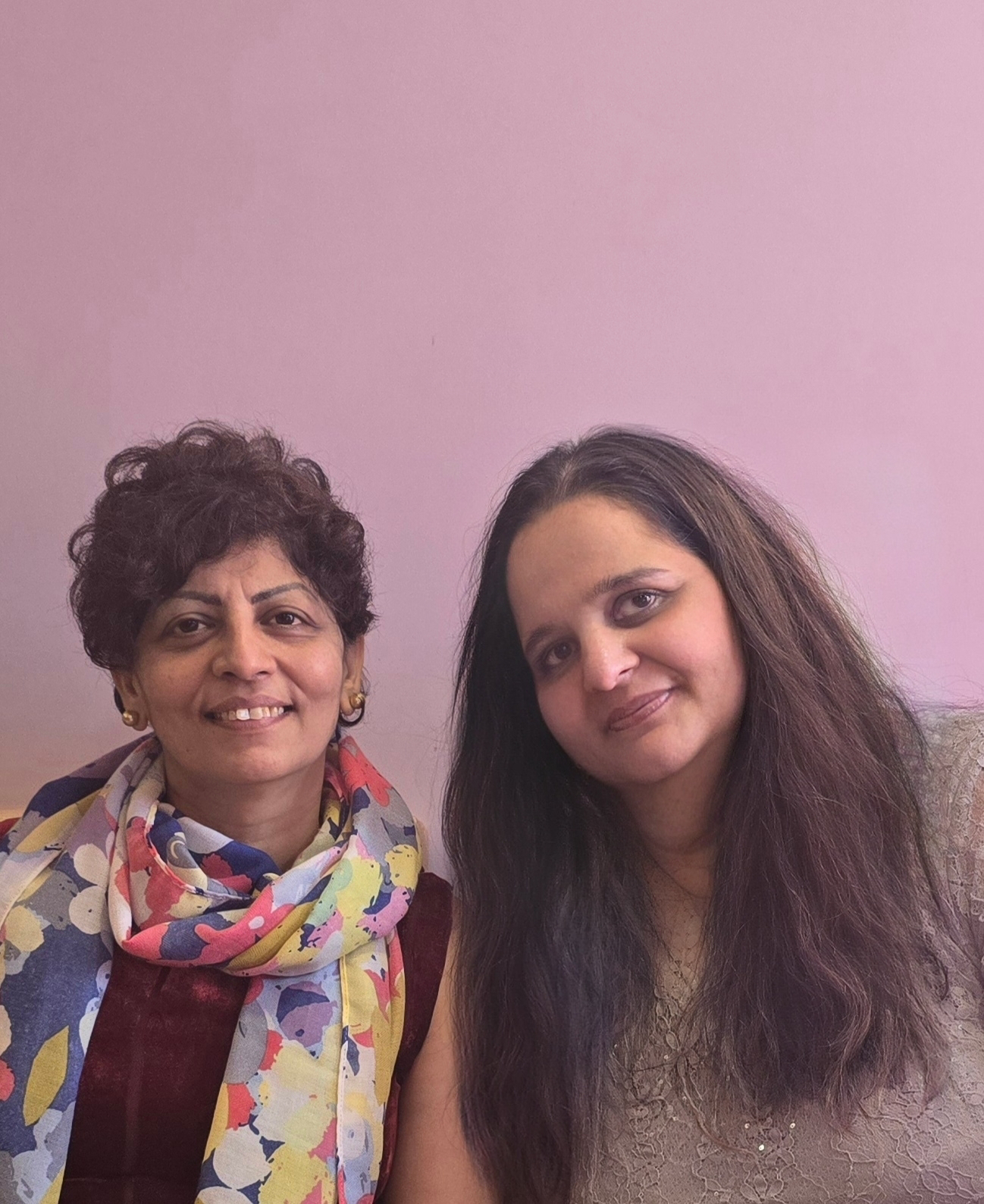Student Life & Early Careers Special: Top Five Interview Tips
Student Life & Early Careers Special: Top Five Interview Tips
Interviews—whether for a job, internship, or business school—can feel like stepping into the unknown. It’s a swirl of excitement and nerves.
We’ve all been there: fumbling for words, tripping over anxiety, and walking out thinking, “I could’ve done better.” Guess what? You’re not alone.
Confidence in interviews isn’t magic—it’s preparation. Preparation transforms anxiety into assurance so you can bring your best self to the table.
1. Mindset Makes a Difference
Imagine you’re a chef. You know your risotto is the best in town—but if you're fixated on other chefs, you'll forget what makes your dish unique.
Before the interview, reflect on your own strengths. What makes you you?
Maybe you led a school project and had to juggle deadlines and personalities—show how that taught you resilience.
Approach the interview like a match where your skills meet the company’s needs—like pairing the perfect ingredients for an unforgettable recipe.
2. Do Your Homework
Think of this like studying for a big exam.
If you were meeting someone important for the first time, you’d read up on them, right? Do the same for the company.
Understand their culture, mission, recent achievements, and the role you're applying for.
For example, if you're applying to a tech firm, know about their latest innovations or challenges.
Use that insight to tailor your responses—like putting on a suit made just for you.
3. Practice, Practice, Practice
Remember learning to ride a bike? You wobbled, maybe fell—but you improved with practice.
Interviews are no different. Practice with mentors, seniors, or friends. If you're flying solo, talk in front of a mirror or record yourself.
This helps reduce awkward pauses and builds fluency so you're more confident on the big day.
4. Use the STAR Method
When asked to talk about challenges or experiences, the STAR method keeps your story sharp and structured:
S: Situation – What was happening?
T: Task – What was your responsibility?
A: Action – What steps did you take?
R: Result – What was the outcome?
Think of it like this:
> S: You’re a firefighter at a burning building.
T: Your job is to rescue the people and control the fire.
A: You organize the team, lead the effort, and execute your plan.
R: Everyone is safe, the fire’s contained, and you’re commended for your leadership.
This format helps the interviewer see your thought process and impact.
5. The Complete NO-NO’s
Avoid rambling: Keep your answers sharp and focused.
Don’t badmouth: Never speak negatively about past jobs or teams. Frame things as learning experiences.
Skip vague responses: Be specific. “I’m a team player” means little unless backed by examples.
Need more help or a second opinion? Feel free to reach out: aditi.gosalia@gmail.com
#PreparationOverPanic
#GetSetGo



Comments